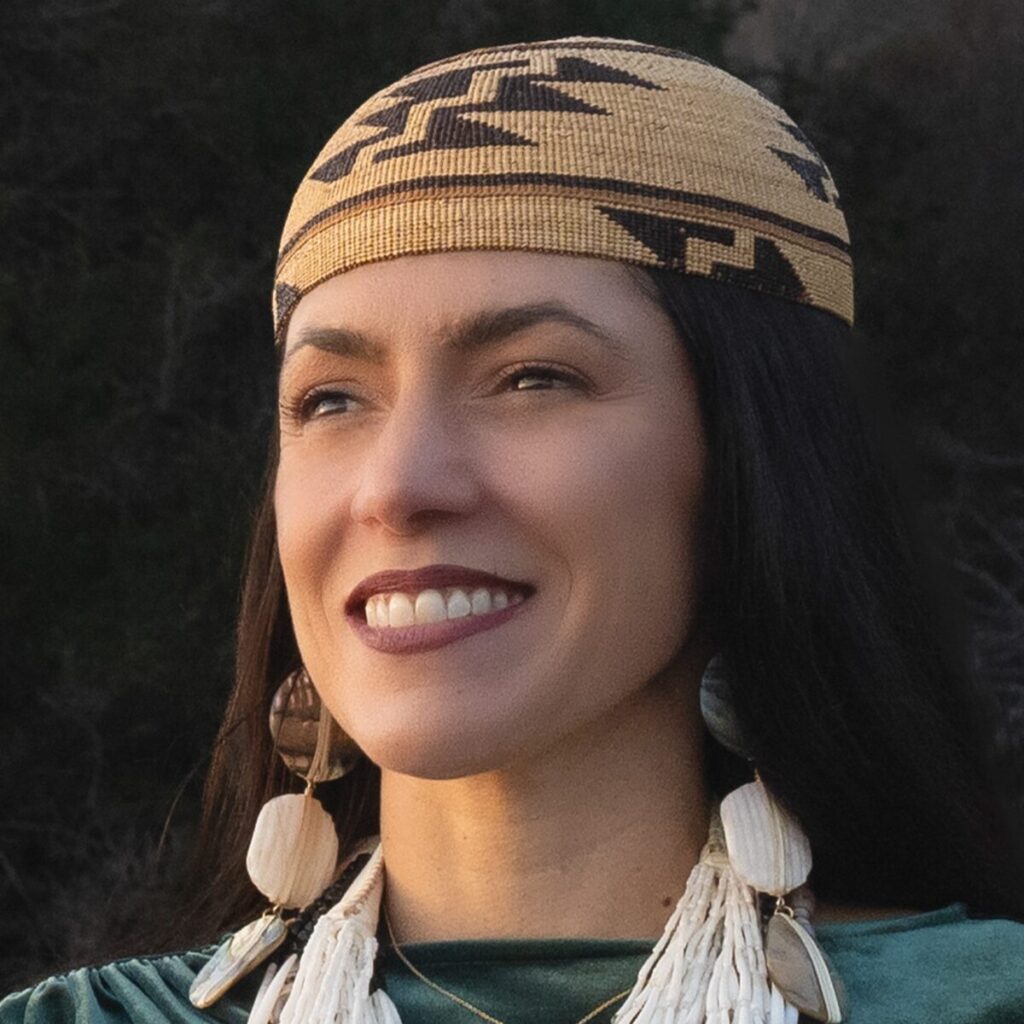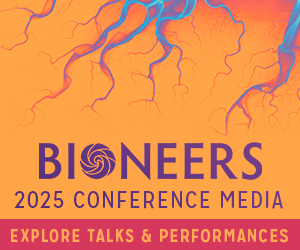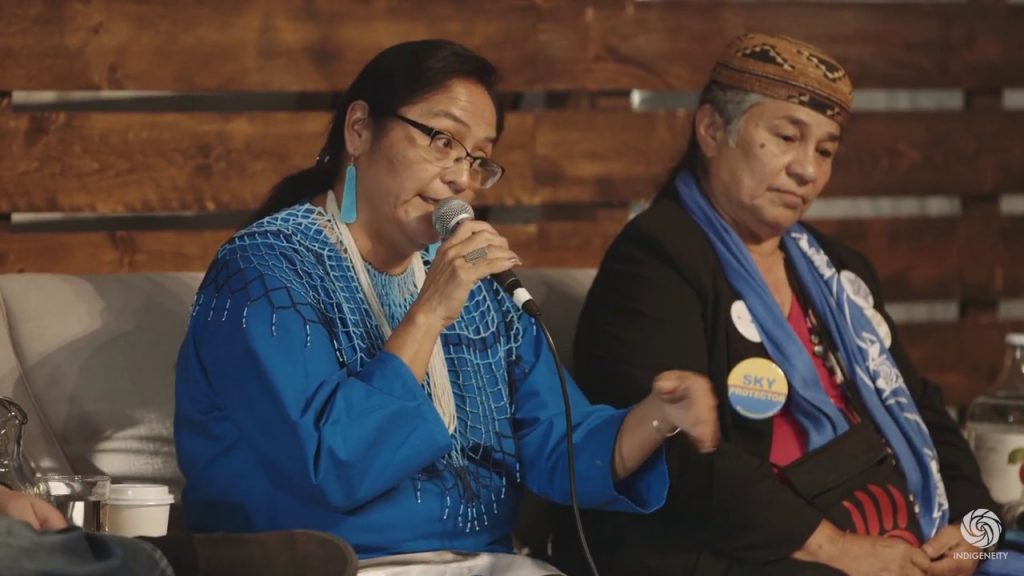Amy Bowers Cordalis – The Water Remembers: Year Zero
Bioneers | Published: April 10, 2025 IndigeneityRestoring Ecosystems Video
In 2024, the removal of four dams on the Klamath River marked a historic victory for an Indigenous-led movement, achieving the largest river restoration project in history. A revolutionary approach is underway, blending Indigenous knowledge, modern science, and sustainable practices, and the early results are remarkable—salmon are returning in unexpected abundance to spawning grounds that have been inaccessible for 100 years.
Amy Bowers Cordalis, mother, fisherwoman, Executive Director, Ridges to Riffles Indigenous Conservation Group and former general counsel of the Yurok Tribe who has played a major role in this struggle, highlights the Indigenous values and lessons from the Klamath, showcasing nature-based solutions that heal the land, waters, and people while benefiting the economy. The goal is to restore the river as a living relative, ensuring its health for generations. The Klamath’s renewal is not just history—it’s a path forward for all.
This talk was delivered at the 2025 Bioneers Conference.

Amy Bowers Cordalis (Yurok Tribe member whose ceremony family is from Rek-woi at the mouth of the Klamath River), a devoted advocate for Indigenous rights and environmental restoration as well as a fisherwoman, attorney, and mother deeply rooted in the traditions of her people, is the co-founder and Executive Director of the Ridges to Riffles Indigenous Conservation Group and leads efforts to support tribes in protecting their sovereignty, lands, and waters, including the historic Klamath Dam Removal project. A former general counsel for the Yurok Tribe and an attorney at the Native American Rights Fund, Amy has won many awards and honors, including as a UN Champion of the Earth and Time 100 climate leader.
EXPLORE MORE
The Restorative Revolution: How Indigenous Leadership and Allyship Catalyzed the Biggest River Restoration in US History
In this podcast episode, Yurok fisherman and tribal leader Sammy Gensaw and environmental scientist-turned-activist Craig Tucker share the epic story of how Indigenous leadership and non-Indian allyship made the impossible inevitable: the biggest-ever dam removal and salmon restoration in history.
Mní Wičhóni: We Are Here to Protect Rivers
The Lakota phrase “Mní wičhóni,” or “Water is life,” was the protest anthem from Standing Rock heard around the world, but it also has a spiritual meaning rooted in indigenous worldviews and our connection to nature. As grassroots collectives fight all over the world to protect our rivers and watersheds, we must always remember to honor the spiritual foundations underlying these battles. Water is life.


